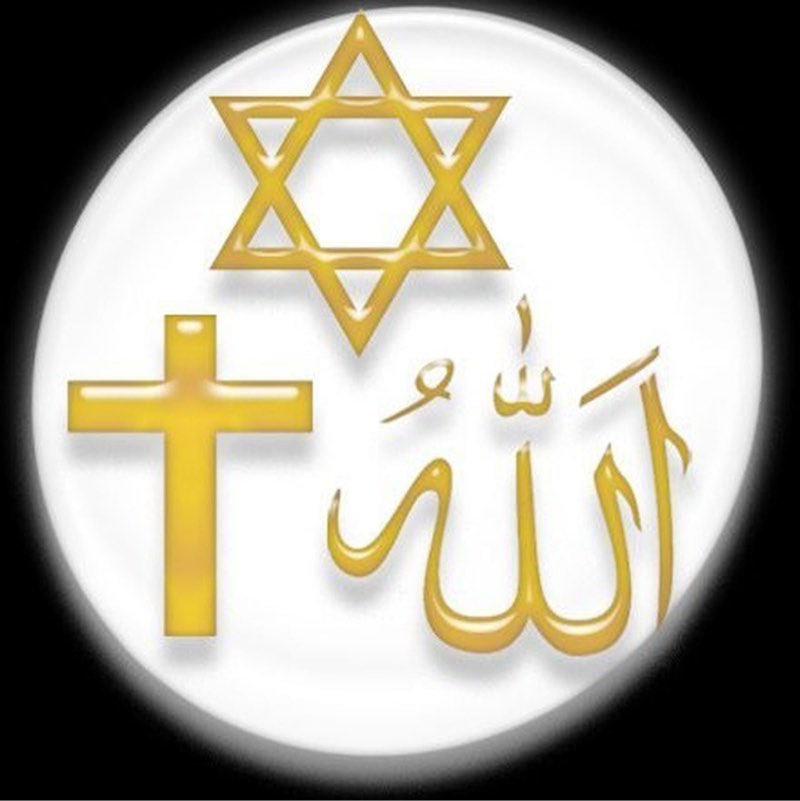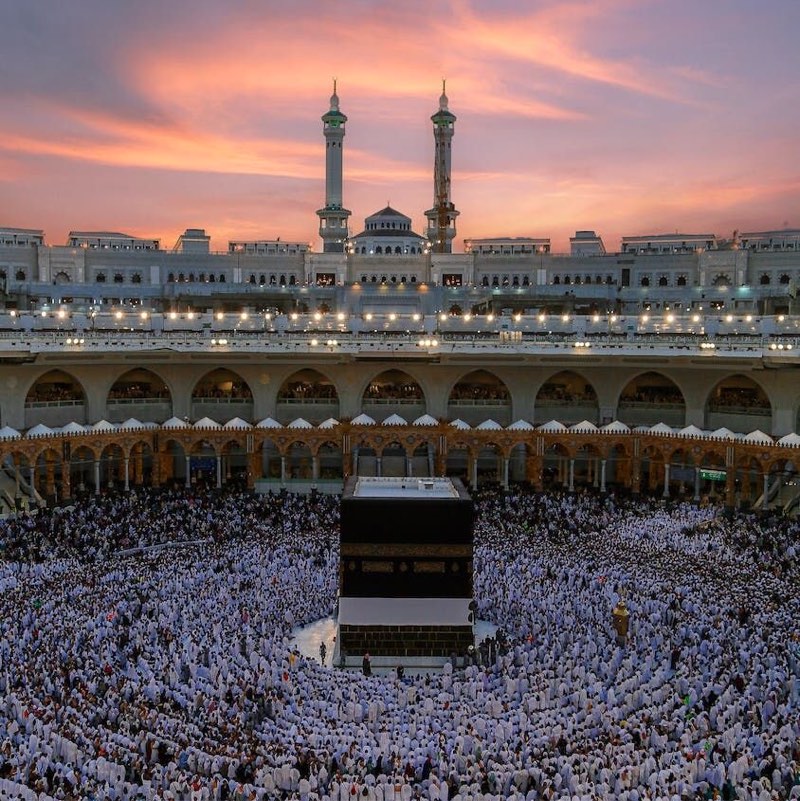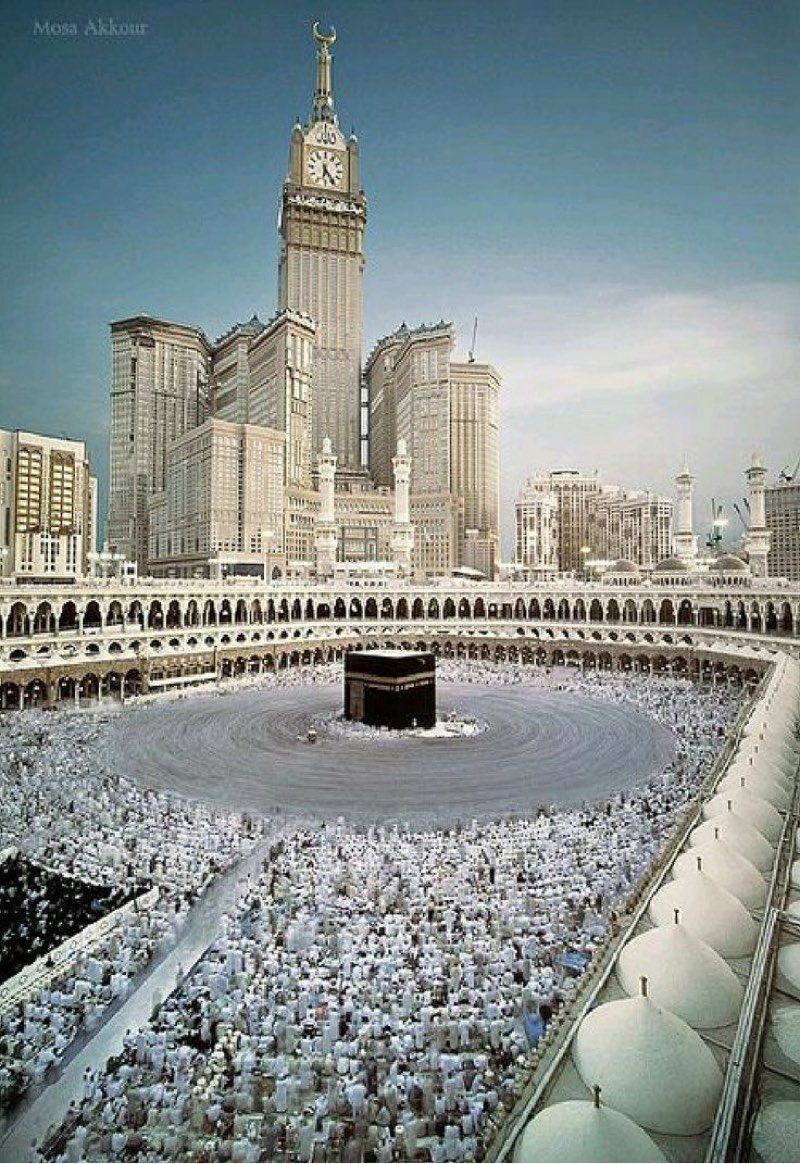Abraham's Role and His Covenant in Islamic Theology
What is Abraham's Role in Islamic Theology?
According to Islamic theology, the prophet Abraham (known as Ibrahim in Arabic) plays a pivotal role as one of the most important figures in the religion. The Quran refers to him as Khalilullah, meaning "the friend of God.
Abraham is seen as the father of monotheism and a patriarch for all three major Abrahamic faiths - Islam, Christianity and Judaism. He is considered a model of faith, obedience and devotion to the one true God. Some key aspects of Abraham’s significance in Islam include:
He is credited with establishing the Kaaba (House of God) in Mecca along with his son Ishmael. The Kaaba is Islam's most sacred site towards which Muslims pray.
Abraham is associated with the rituals of the Hajj pilgrimage, such as the pilgrims casting stones at Jamrat al-Aqabah, which commemorates the time when Abraham stoned Satan for attempting to dissuade him from carrying out God's command to sacrifice his son. Additionally, walking between the hills of Safa and Marwah commemorates Hagar's search for water for her infant son, Ishmael. The Hajj reenacts many significant events from Abraham's life.
The Eid al-Adha holiday celebrates Abraham’s willingness to sacrifice his son Ishmael at God's command. God substituted a ram at the last moment, and Muslims commemorate this with ritual sacrifice.
Abraham is considered a "Muslim" in the sense of being one who submitted to God, even before the rise of Islam as a religion. He is a model for the Prophet Muhammad.
He is mentioned by name 69 times in the Quran and is revered as one of the greatest prophets along with Noah, Moses, Jesus and Muhammad. Blessings upon Ibrahim are recited by Muslims in daily prayers.
So in summary, the Prophet Ibrahim or Abraham is a central figure in Islam as the archetypal monotheist, a friend of God, a model of faith and obedience, and a patriarch whose life is commemorated through practices like the Hajj and Eid al-Adha. He represents a spiritual link between Islam and the other Abrahamic faiths.
Surah 2, verses 124 to 125 of the Quran read:
“And when his Lord tested Abraham with certain words, and he fulfilled them. God said, “I am making you a leader of humanity.” Abraham said, “And my descendants?” God said, “My covenant does not include the wrongdoers.”
“And We made the House a focal point for the people, and a sanctuary. Use the shrine of Abraham as a place of prayer. And We commissioned Abraham and Ishmael, “Sanctify My House for those who circle around it, and those who seclude themselves in it, and those who kneel and prostrate.”
The phrase "And when his Lord tested Abraham with certain words," presented in verse 124, is understood by Quranic commentators to refer to the tests and commands that God imparted to Abraham. These included leaving his family in a barren land, sacrificing his son Ishmael, rebuilding the Kaaba (House of God), and instituting the rite of circumcision.
The Quran clearly states in Surah 2, verse 124 that God made a covenant with Abraham through his son Ishmael, not Isaac. The covenant was established prior to the birth of Isaac, who is regarded as a divine gift to Abraham and Sarah, a result of Abraham's readiness to offer Ishmael as a sacrifice.
In this context, Ishmael is understood as a son dedicated to God, whereas Isaac is considered a son of blessing for Abraham and Sarah. This contradicts the Biblical account which portrays Isaac as the son who was to inherit the covenant from Abraham.



